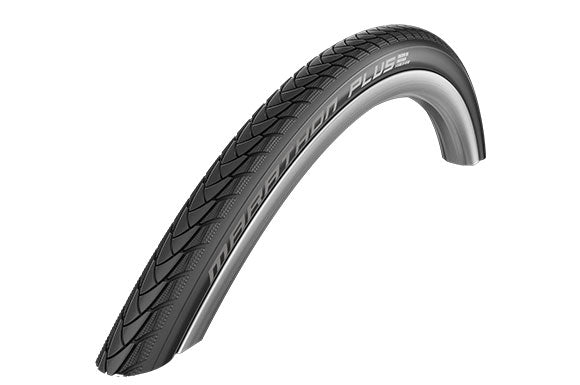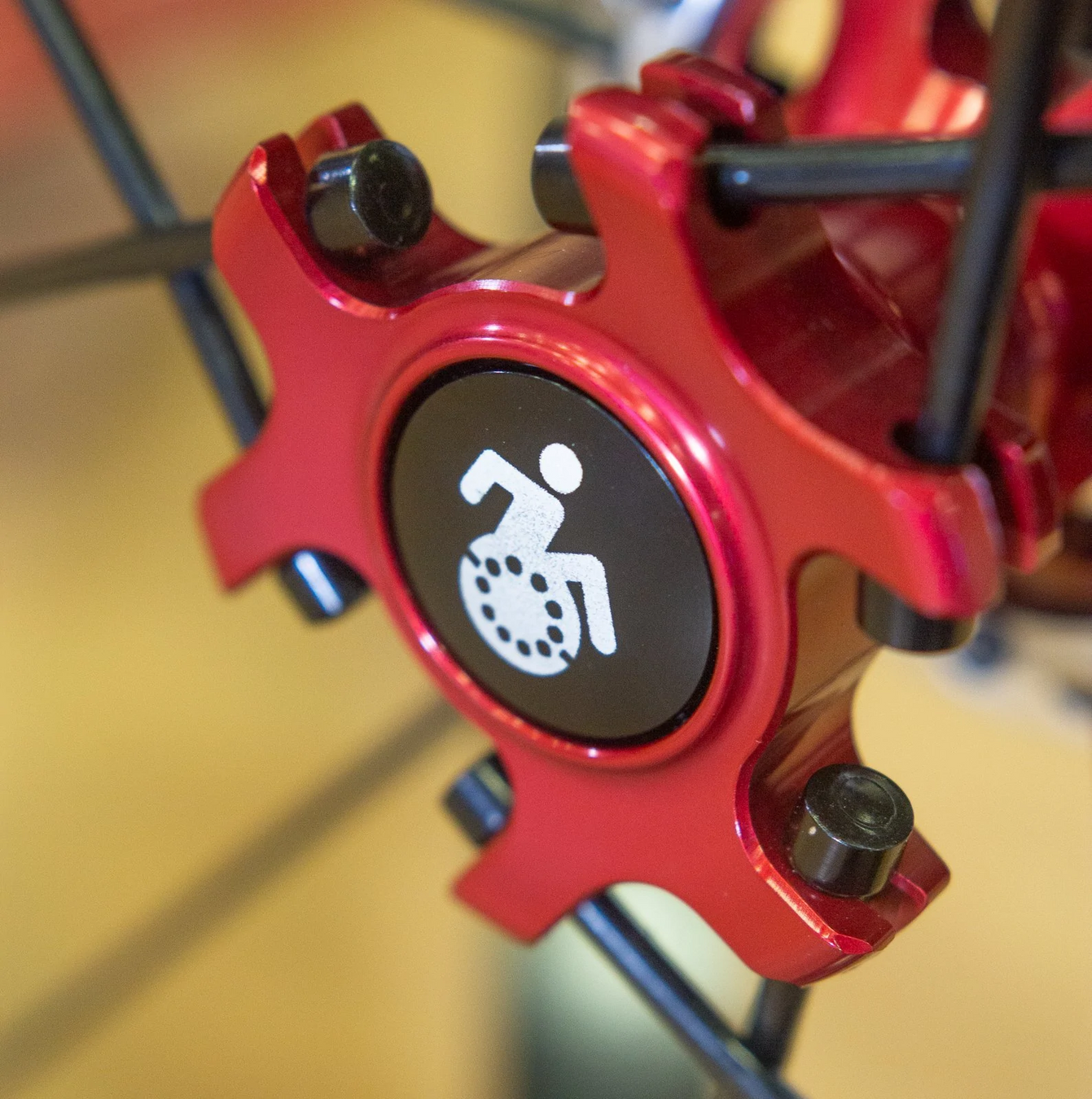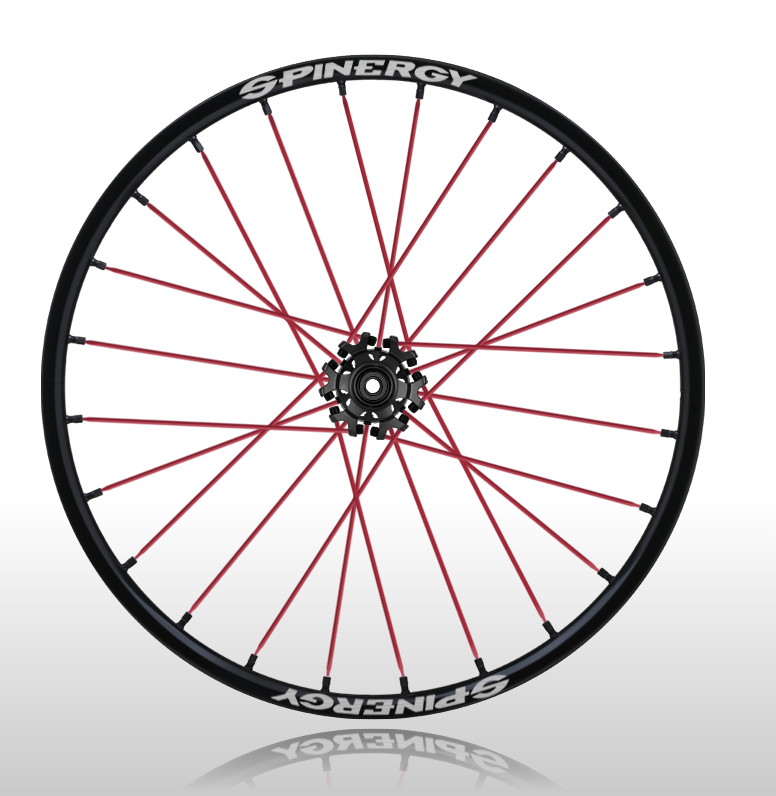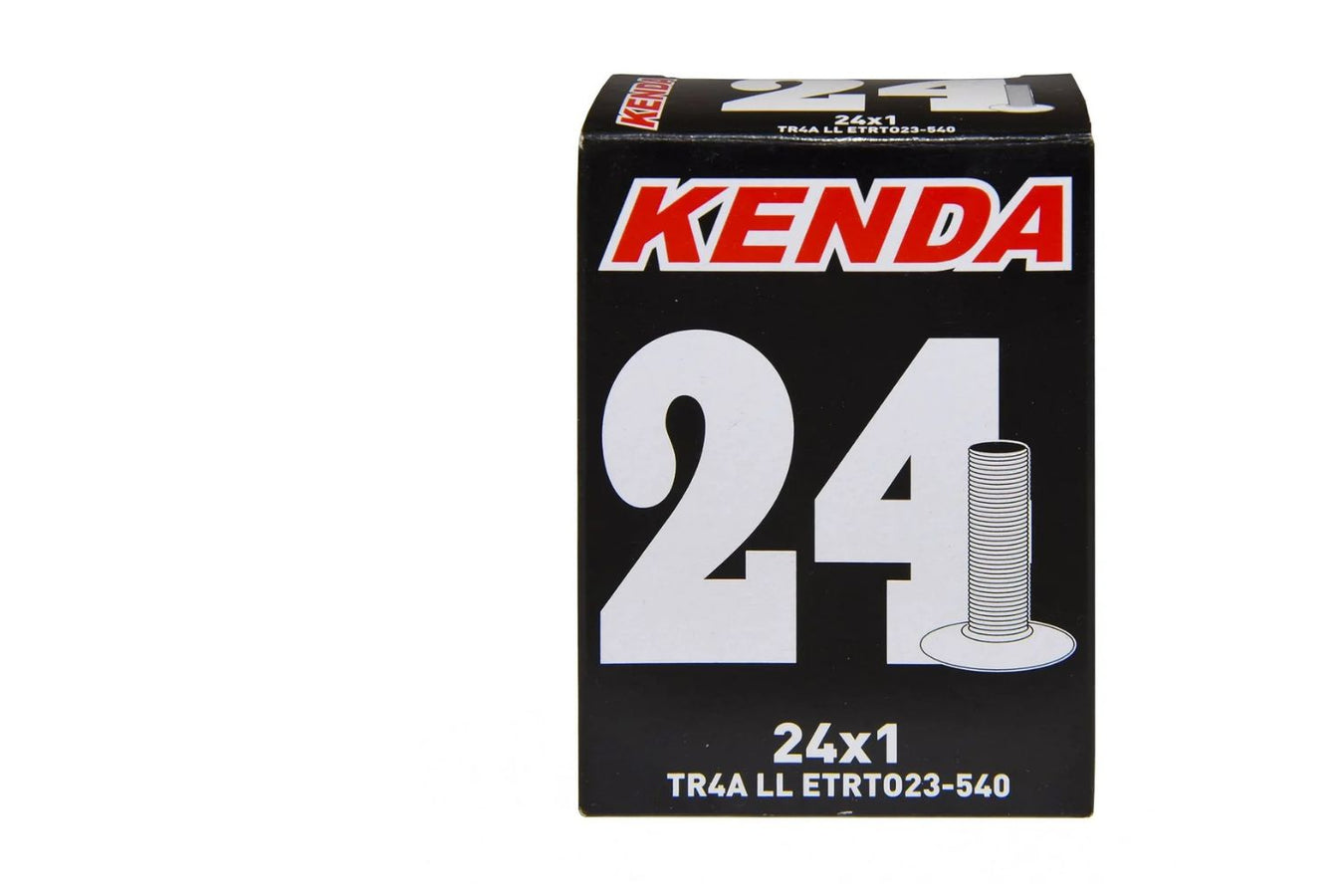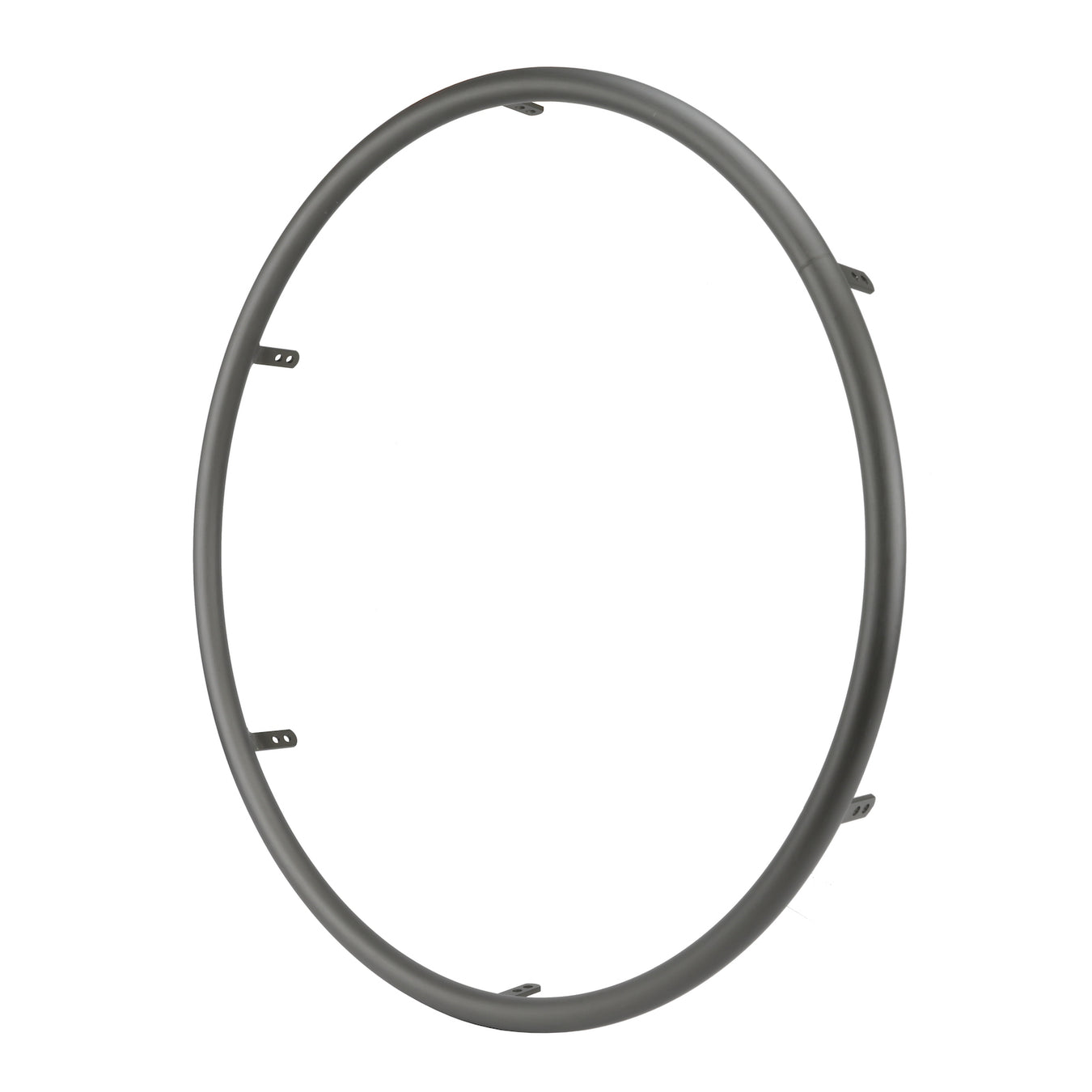Introduction
One of the most common issues wheelchair users face is discovering that their quick-release axles don't fit when they get new wheels. This typically happens because different wheelchair wheels can have different hub sizes. For example, if you're upgrading from standard everyday wheels to sports wheels, you might find your existing axles are too short or too long. Understanding axle measurements and sizing is crucial for ensuring compatibility and proper fit.
How to Measure Wheelchair Axles Proper measurement technique:
Measure from the inside of the ball at one end to the inside of the adjustable nut under the button. The adjustable nut provides approximately ¼" (6mm) of adjustment range. This adjustment accommodates manufacturing variations and compensates for wear
Axle Size Reference Chart
|
Axle Size On Label |
Axle Name |
|
4” |
99mm |
|
4.25” |
105mm |
|
4.5” |
109mm |
|
4.75 |
122mm |
Understanding Receiver Sizes
Everyday Wheelchairs:
-
Standard size: 2" (50mm)
Sports Wheelchairs:
-
Most common: 2" (50mm)
-
Some models: 2.5" receiver
Hub Size Standards
Current Industry Standards:
-
Everyday wheelchair wheels:
-
1.9" (48mm)
-
2" (50mm)
-
Sport wheelchair wheels:
-
2.3" (58mm).
Measurement Process
Required Tools:
-
Used axle
-
Permanent marker
-
Clean cloth
-
Tape Measure
-
Something to take note on.
Measuring Receiver Length:
-
Clean the axle thoroughly
-
Insert the axle into the receiver until the balls engage
-
Pull back until the balls contact the receiver's edge on the inside of the wheelchair
-
Mark the position using a Sharpie
-
Measure from the ball to the mark
-
Record measurement
Measuring Hub Length:
-
Clean axle
-
Insert the axle through the hub until the balls engage
-
Pull back until the balls make contact with the bearing on the far side
-
Mark position using a Sharpie
-
Measure from the ball to the mark
-
Record measurement
Note: Ryan Baker of Vabor Wheels told me this Sharpie measurement trick.
Calculation Formula:
Receiver measurement + Hub measurement = Required axle size
Example Calculation:
-
Receiver: 2" (50mm)
-
Hub: 1.9" (48mm)
-
Total: 3.9" (98mm)
-
Required: 4" (99mm) axle
Important Technical Considerations
Adjustment Limitations:
-
Axles can only be adjusted within their designed range
-
Cannot modify an axle beyond its intended size range
-
Maximum adjustment: approximately ¼" (6mm)
Manufacturing Tolerances:
-
Axles typically have more adjustment above the nominal size than below. This is to account for wear and manufacturing variations.
Conclusion
When upgrading or replacing wheelchair wheels, it's essential to verify both hub and receiver measurements before ordering new axles. This prevents compatibility issues and ensures proper fit. Remember that different wheel types (everyday vs. sports) often require different axle sizes due to varying hub dimensions. Always measure your specific configuration rather than relying on previous axle sizes, especially when changing wheel types or manufacturers.
For assistance, please feel free to contact us.

